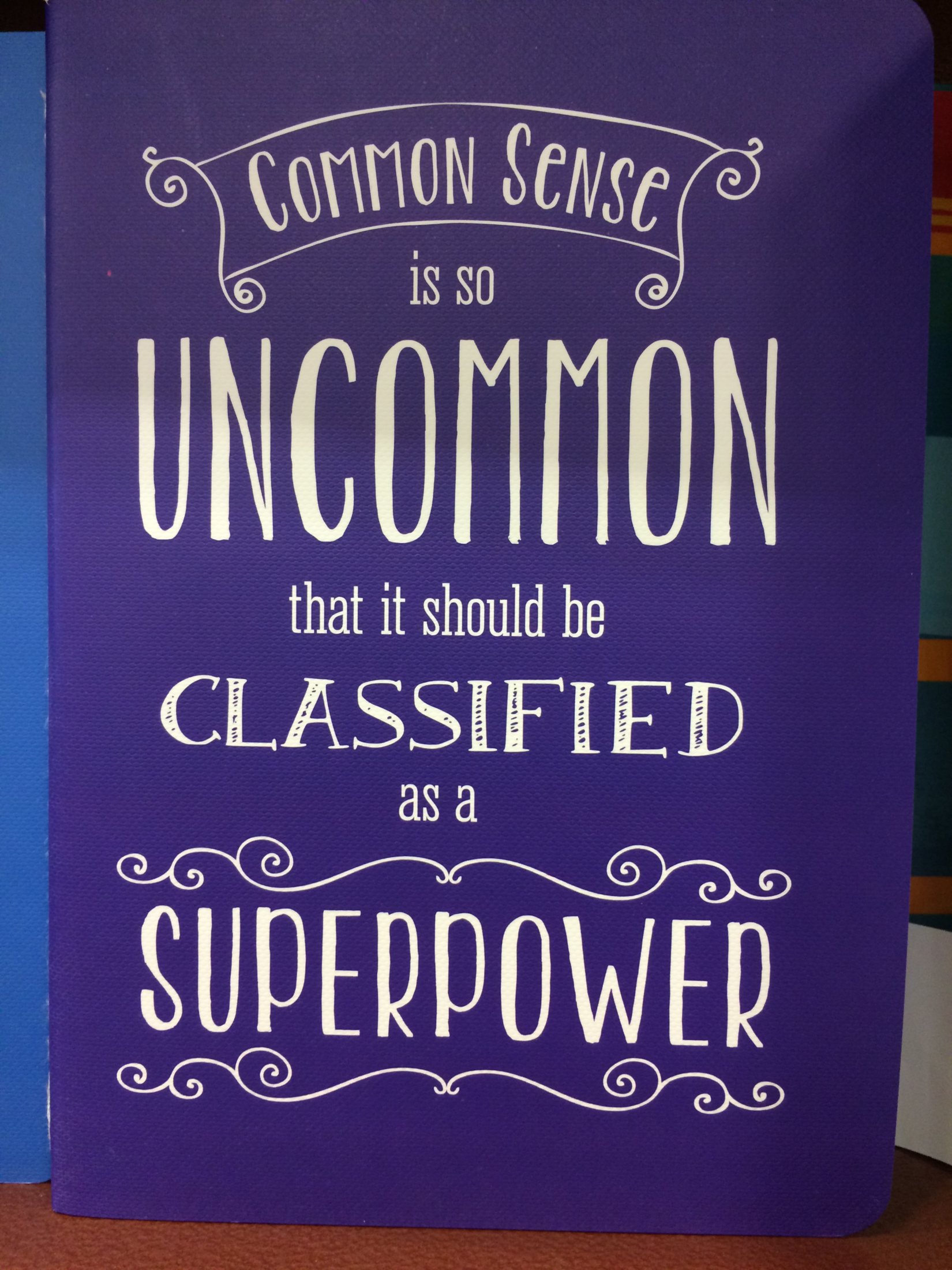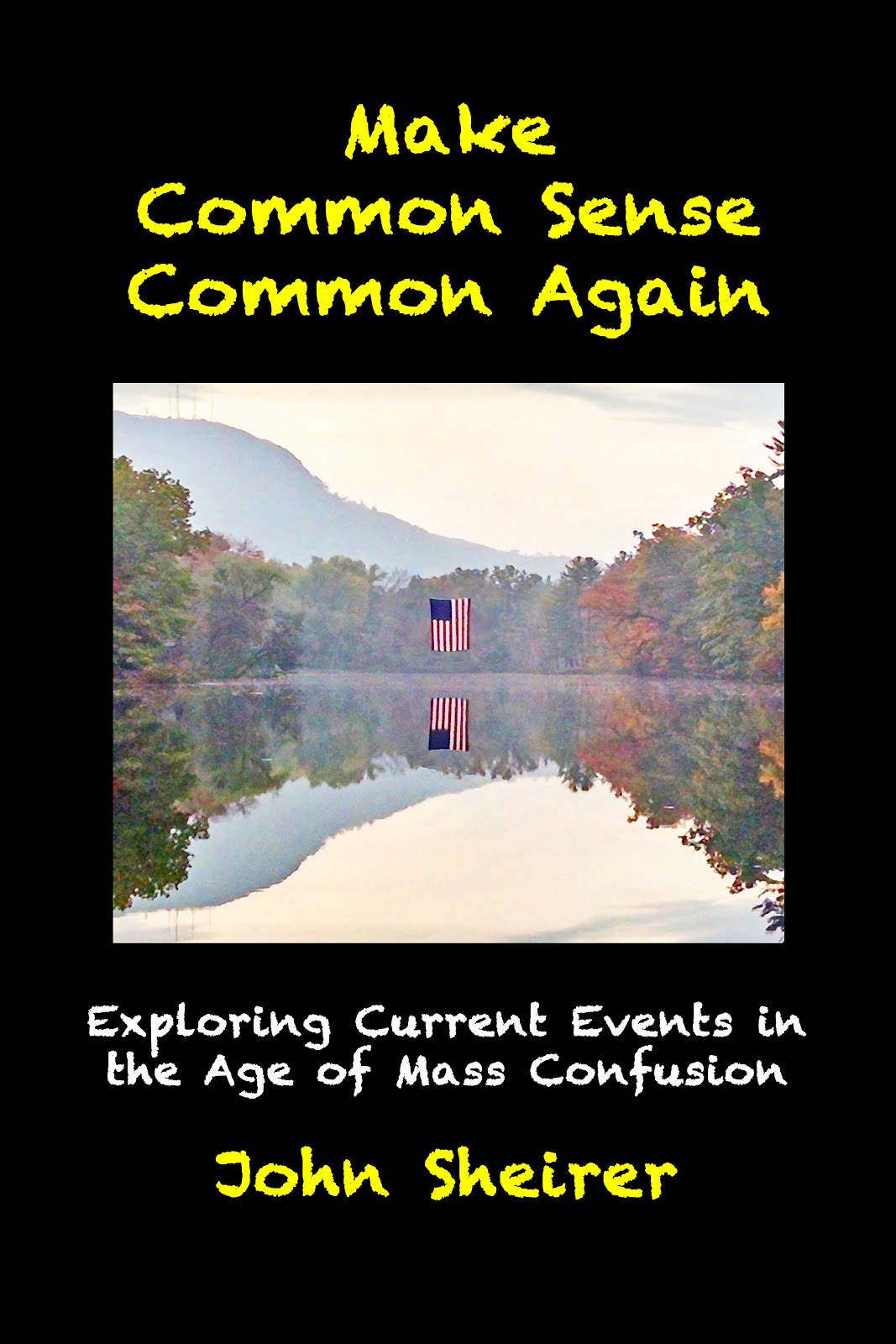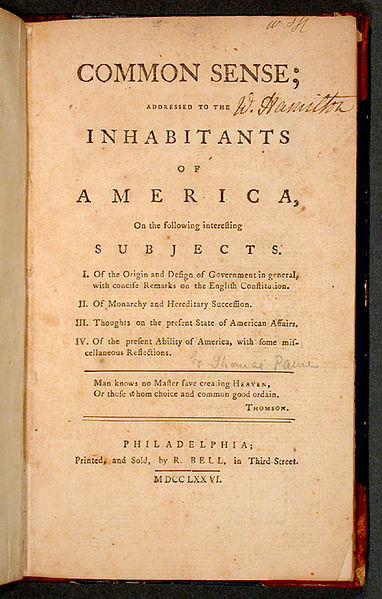



For Lee and the Battle of Monmouth, see Hamilton Musical posts 22, 23, 24, 26.) John Adams, February 1776 The whole letter, with Lee’s charmingly erratic spelling and punctuation, is here. Britain-in short I own myself convinc’d by the arguments of the necessity of seperation. Have You seen the pamphlet Common Sense? I never saw such a masterly irresistible performance-it will if I mistake not, in concurrence with the transcendant folly and wickedness of the Ministry give the coup de grace to G. On January 24, 1776, Major General Charles Lee (“Makes him second in command … He’s not the choice I would have gone with”) wrote to General George Washington: But first, a few contemporary reactions, by people who were as excited as Angelica was about reading Common Sense. I’ll give some of them later in the post. However, most of my favorite quotes are from the third and fourth sections. (What were my American History teachers thinking?) The first and second sections were interesting as a reminder that people really did believe monarchs were anointed by God, and that rebellion against a king was a rebellion against God. I recently read Common Sense, for the first time ever as far as I can recall. On the Present Ability of America, with some Miscellaneous Reflections.Thoughts on the Present State of American Affairs.Of the Origin and Design of Government in general, with concise Remarks on the English Constitution.(Not our guy, but pretty cool anyway.) Common Sense has four sections: This copy of the first edition has the title-page signature of an early owner, one W. After Common Sense appeared, the debate shifted to one question: whether or not the colonies ought to be independent. Hamilton’s Vindication of the Measures of Congress,1774 (see also this post), discussed a wide range of topics that concerned the colonists: taxes, trade embargoes, petitions, events in Boston, the merits of the British Parliament vs. Not everyone agreed with Paine (see the second John Adams excerpt below), but Common Sense provided a focal point for discussion. The book was frequently read aloud and shared, so its effective circulation was much wider. About 100,000 copies of Common Sense were sold within 3 months. In 1776, the colonies had a population of about 2.5 million.

Ranking books according to the percentage of people who read them, Common Sense remains the best-selling book in American history. Although others had made many of the same points, Paine’s confidence in America’s potential and his plain-spoken but forceful writing made copies of Common Sense fly off booksellers’ shelves. Within a few months, British expatriate Thomas Paine was known to be the author. The pamphlet Common Sense, which Angelica mentions in “The Schuyler Sisters,” was published anonymously in Philadelphia, on January 10, 1776.


 0 kommentar(er)
0 kommentar(er)
